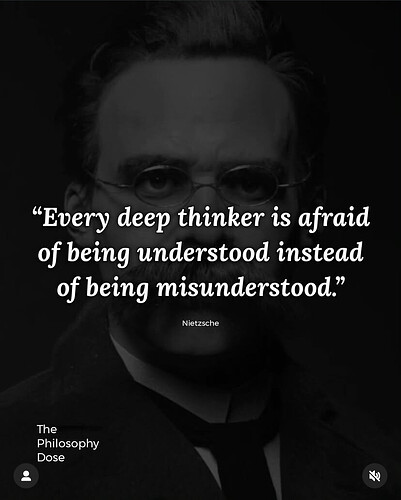Andrew: Thanks so much Vineeto !
I have not had such a success as far as I can recall (excluding the possibility that I am cunningly not remembering it).
It’s a powerful imagination of mine right now to think of the weather you are probably experiencing right now, and yet such a detailed and thorough message from you has arrived in my journal.
I felt more encouraged by this success yesterday than perhaps ever before (excluding the possibility of me deliberately forgetting for cunning purposes).
I even remembered that the actualism method is the enjoy and appreciate, when the habit arose to become bogged down in some intellectualism about how I felt.
There has been a sense of space in front of my physical eyes. Like I can lean into the future, the world has space. When looking at flowers they are somehow more there. (link)
Hi Andrew,
I am responding to this post again because there has been no input from you or answer to my post to you (you may not even have read it yet) – instead you were busy philosophising and intellectualising on unrelated topics in great length on other threads.
I can only conclude from this that being “encouraged by this success” did not last very long, and you chose to escape into “Classic intellectualisation” which is the more familiar territory.
Do you really want to run away for the rest of your life because you are afraid to find out what you are afraid of, and prefer keep escaping into diversions of endless and fruitless philosophising and intellectualising? You don’t even know yet what it is you are afraid of because investigating your fear requires that you allow yourself to feel the feeling.
Maybe part of James’ conversations with Richard on a very similar topic may give you pause to absorb, contemplate and reflect on, and perhaps become fascinated by, what direction you want to give your life, after your short encouraging success with paying attention as to how you feel?
There is soo much more to life than intellectualising, fruitless rebellion, and ivory tower philosophising. Remember, you said “When looking at flowers they are somehow more there”?
James: … What comes to mind is I keep treading the same path over and over because that is what I know. That is what is familiar.
Richard: Indeed it is … so in order to successfully escape one needs to abandon the known path, the familiar path, the path that does not deliver the goods, so that the energy one is frittering away fruitlessly is available for the unknown path, the unfamiliar path, the path that does deliver the goods. (Richard, List B, James3, 1 Nov 2002)
Richard: In other words: do ‘I’ not continue to temporarily escape from being ‘me’ because permanent escape from being ‘me’ is the last thing ‘I’ am looking for? (Richard, List B, James3, 5 Nov 2002)
James: ‘I’ am stuck with ‘me’ (suffering) now. ‘I’ can’t see how to get past that.
Richard: As there has been a, perhaps predictable, retreat back into suffering (predictable as foreshadowed in ‘‘I’ want to hide from this inquiry’ and ‘‘I’ want to back out’ for example), then one starts with where one is presently at (where one is not yet at will emerge of its own accord as one proceeds): as you say ‘‘I’ am stuck with ‘me’ (suffering) now’ then for ‘me’ that is where ‘I’ am currently at.
Therefore, do ‘I’ feel the feeling of being stuck with ‘me’ (suffering) or not? If yes, then through staying with the feeling, by being the feeling (instead of trying to see how to get past that), one will find out, experientially, what it is really like to not have a path and/or not have a plan … other than the one of ‘looking for a way out’ so that one can stick with the known that is.
It sure beats armchair philosophising any day of the week. [Emphases added]. (Richard, List B, James3, 21 Nov 2002)
A change to more enjoyment and appreciation is in your hands and your hands alone.
Cheers Vineeto
